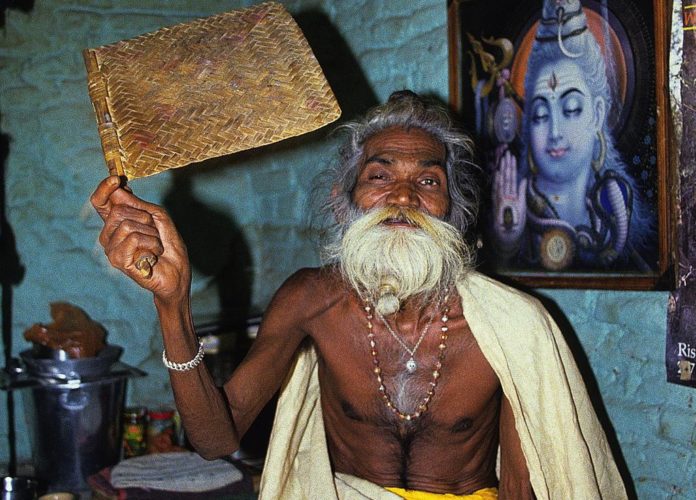In Bormio, from 5 July to 27 August, at the Civic Museum,
the photographic exhibition of Gist partner Gianluigi Peps Sosio, journalist and photoreporter
An exhibition born with a long journey made up of many journeys. A story that is born by telling other stories, other events. Crossing the African villages scattered in the equatorial forests or in the boundless deserts … Getting lost in the densely populated cities of the Asian world … Climbing through the Himalayan valleys of Tibet or in the Brazilian Santerie … it is inevitable to realize how the peoples who live in those lands so far from each other and in very different social climatic and cultural conditions, they all have in common the great need to believe in something supernatural, sacred, divine.
The sacred and the idea of divinity are as old as man. The primitive manifestations of man are aimed at the sacred and if there is any ancient human trace scattered around the world it is given by the cult for the divine. Anthropologists study the origin of those beliefs and inevitably the answers are always unique.
The most primitive are related to the fear of natural elements like thunder, lightning, storms but above all the fear of death. Fear of death is basically the common denominator of any form of belief or spirituality. Gifts, sacrifices and the paroxysmal search for contact (such as the hypnotic trance states often caused by the use of
ethnic drug addicts) were and are in the Tribal Religions.
Natural some of the attempts to gain the benevolence of those entities. Prayer, rituals, meditation, mass ceremonies and faith in the rebirth of the soul through reincarnation are instead the most spiritual expressions of devotion in theHinduism.
Finally the Buddhism where one’s behavior is conditioned by the principles of Karma. In Buddhism there is no concept of a supernatural entity but the belief that
behavior can lead the human being to a higher level of knowledge called enlightenment. L’lighting it is knowing our true nature, the true one
nature of the world and the purpose and meaning of life.
Gautama Buddha, in the Buddhist cultural context it is “he who has awakened” or “he who has attained enlightenment”. Extremely it is man who, by elevating himself, can approach
in the image of a deity.
Anthropologically inseparable, social behaviors are always profoundly conditioned by religious beliefs.
I called the exhibit: RELIGIONS “without” GOD not to exclude the presence of divinities in other religions but only to distinguish them from the three great monotheistic confessions such as that Christian, Jewish and Muslimwhere there is only one God who is the creator and omnipotent.
Hinduism, Buddhism and Natural Tribal Religions altogether they are practiced by more than three billion people in the world.
Gianluigi Peps Sosio

Bormio CIVIC MUSEUM, Via Buon Consiglio, 25
From 5th July to 27th August,
open every day
10:00 – 12:30 and 15:00 – 19:00
Closed on Monday morning
“Religions without God” the photographic exhibition by Gianluigi Peps Sosio – Gist.it

